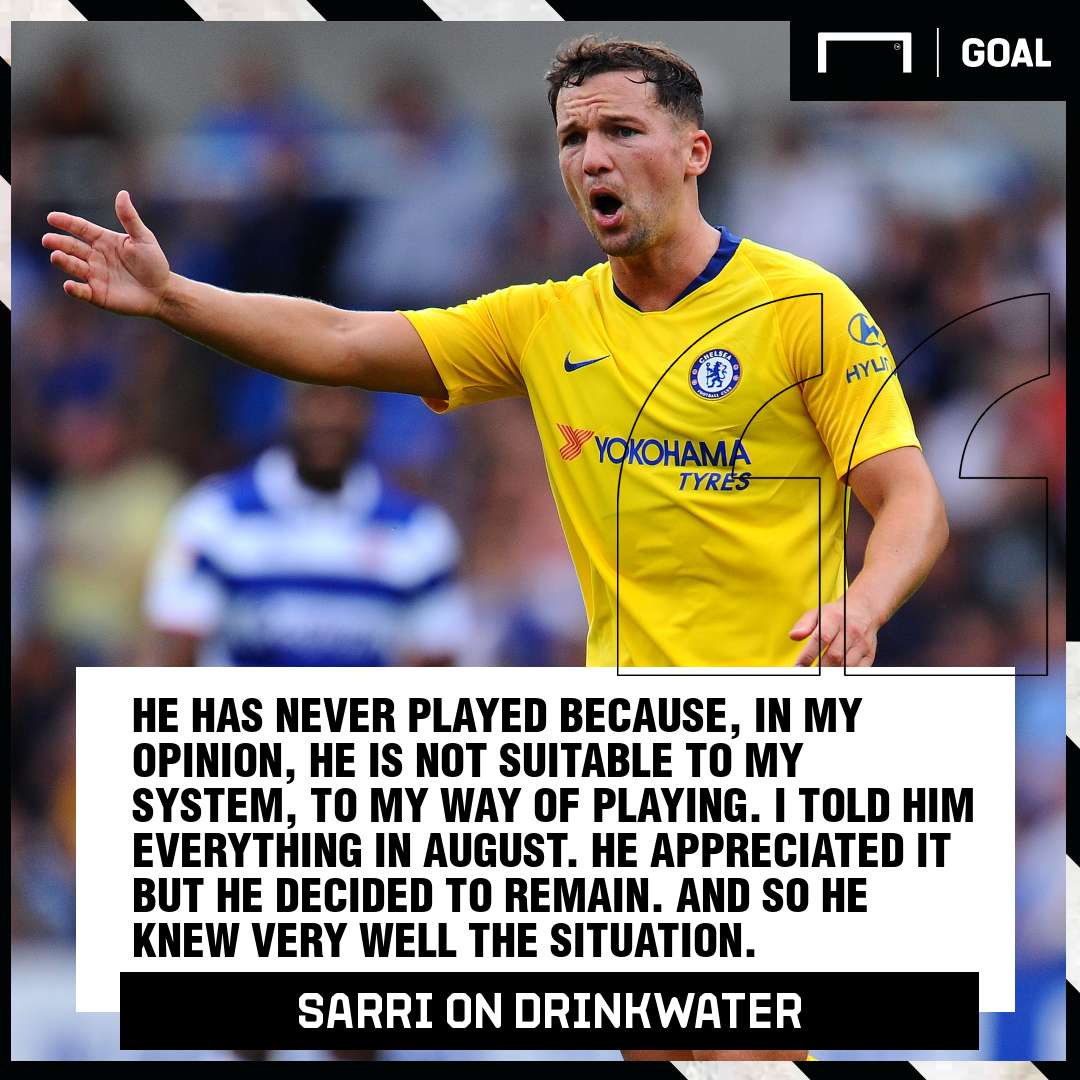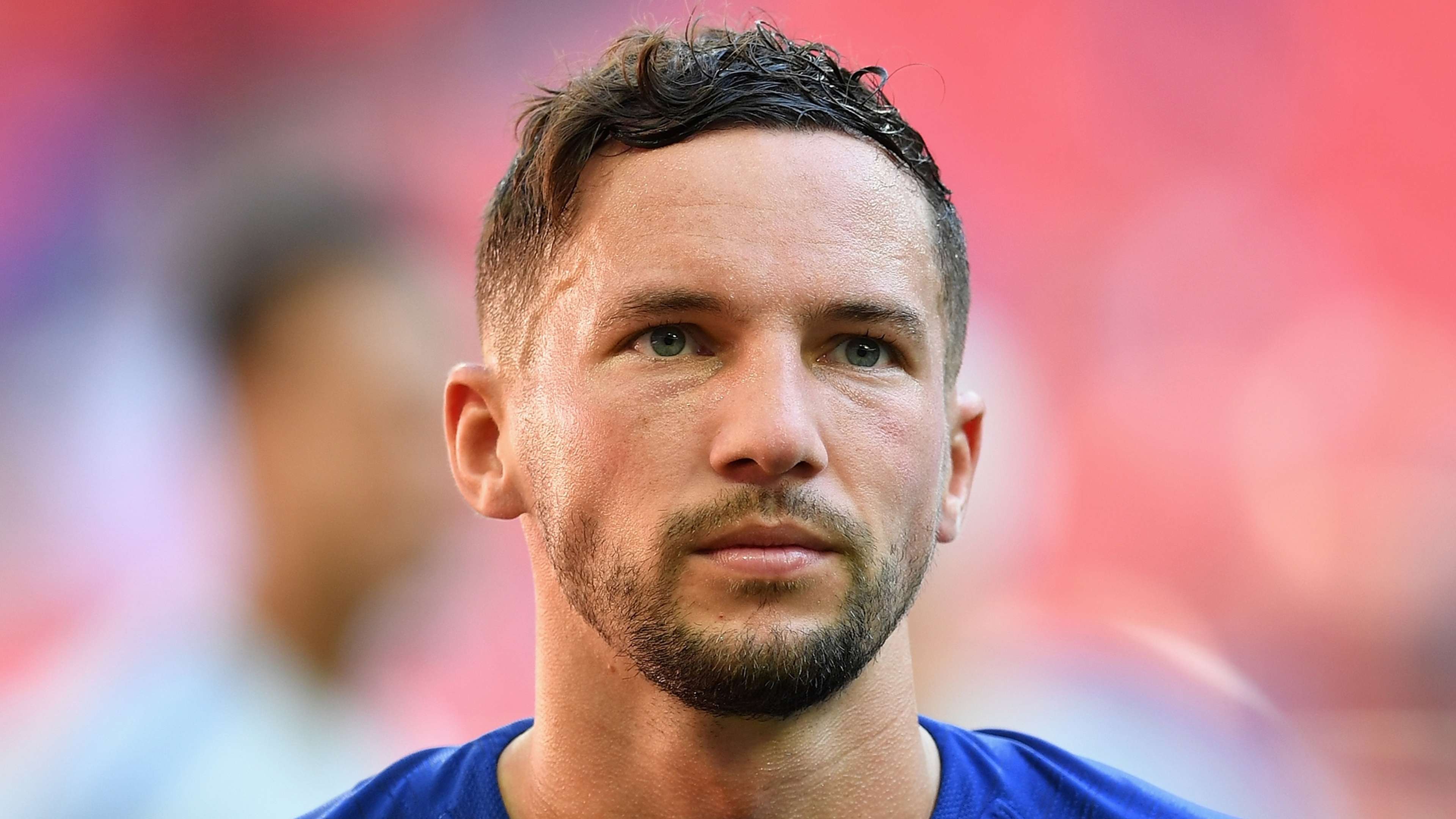On Tuesday, just four days after returning to Chelsea from Burnley, Danny Drinkwater was sent out on loan again, this time to Aston Villa. It now seems certain that the midfielder will never play another game for the Blues.
He only featured in 23 in total, starting just 12 times since his £35 million ($46m) move from Leicester City in September 2017. Even now, he will continue to cost Chelsea money, with the club set to pay a portion of his weekly salary of £100,000 while he is at Villa Park for the remainder of the season.
Ultimately, Drinkwater is likely to end up costing the Blues around £50m ($66m) in total when wages are taken into account, making him one of the biggest flops of the Roman Abramovich era.
Drinkwater certainly never recaptured the form which played a pivotal role in the Foxes' stunning 2015-16 Premier League title triumph but perhaps his transfer was doomed from the start.
When he arrived at Stamford Bridge, he wouldn't have known that all was not as it seemed at the home of the reigning champions, with manager Antonio Conte and Chelsea director Marina Granovskaia at loggerheads over the club's transfer strategy.
Granovskaia wanted to promote academy players to the first team, with Ruben Loftus-Cheek, Nathaniel Chalobah and Lewis Baker pushing for places in midfield.
Conte, though, wanted to sign proven performers, believing that Chelsea had overachieved in winning the title in his first season at the helm and that his squad needed strengthening if the Blues were to compete with Pep Guardiola's high-spending Manchester City.
In the end, Conte got his way, with Drinkwater and Davide Zappacosta desperately snapped up on deadline day, after Antonio Rudiger, Tiemoue Bakayoko and Alvaro Morata had all been signed for big money in July.
Consequently, Chalobah joined Watford for a knockdown £5m fee after failing to hit an appearance clause during the previous campaign, while Loftus-Cheek went on loan to Crystal Palace.
"I think I'm done," one source close to the club told Goal after the 2017 transfer window. "[They should] close the academy or rename it the factory for the benefit of others!"
It was amid this atmosphere of division that Drinkwater joined Chelsea and worse was to follow, as he suffered a calf injury that prevented him from making his debut for two months.
He finally took to the field at the tail end of October, in a League Cup game against Everton, but one could argue that he never really recovered.
An injury to his former Leicester midfielder partner N'Golo Kante afforded him some game time but he failed to impress alongside either Cesc Fabregas or Bakayoko in a Chelsea side that was plummeting down the table.
On March 4, 2018, he started against champions-elect Manchester City at the Etihad but he wouldn't feature again in the league under either Conte or his successor, Maurizio Sarri.
The latter made it clear to Drinkwater that he was not part of his plans, despite giving him half an hour in the 2018-19 season-opening Community Shield clash with City.
“As he knows very well, he has never played because, in my opinion, he is not suitable to my system, to my way of playing,” Sarri told reporters. “I told him everything in August. He appreciated it but he decided to remain."
 Getty Images
Getty Images
Drinkwater thought he could win over the former Napoli boss, he couldn't have been more wrong.
The 29-year-old was known as a positive influence around the club, with his sense of humour making him popular in the dressing room, even though it is not something that comes across on the television screen or social media due to his reluctance to give interviews or post online.
"If Drinky was playing for United, Real Madrid, Barcelona or whoever, his personality would stay the same," his former youth coach Kenny Crane told Goal. "He will always be his own man. He’s not the most outgoing person, he’s not loud or brash, he’s quite deep. He just gets on with it."
However, despite his positive attitude, Drinkwater didn’t play for 12 months, with his cause hardly helped by the fact that potential suitors were put off by Chelsea's demand for an £11m loan fee on top of approximately £6m-per-season in wage contributions.
Those demands dropped, though. With Frank Lampard deeming Drinkwater surplus to requirements because of his faith in the club's youngsters, Chelsea allowed the thrice-capped England international to join Sean Dyche’s Burnley, who agreed to cover half of his weekly wage.
A move to Turf Moor represented a long overdue fresh start for Drinkwater but he suffered ligament damage in September after being involved in a fight in a Manchester nightclub, ruling him out of action for a month.
On December 3 against Man City, he made his first Premier League appearance for 639 days but that would be as good as it got for him.
Just like his move to Chelsea, it felt as if his time at Burnley was doomed from the start.
